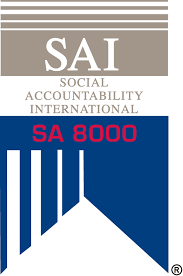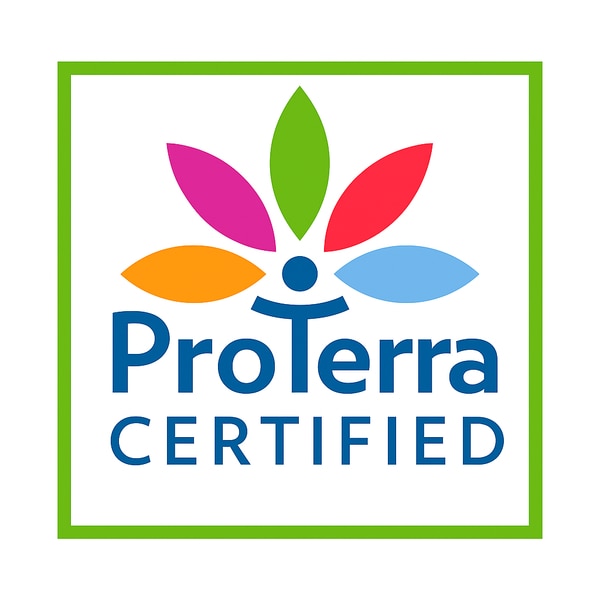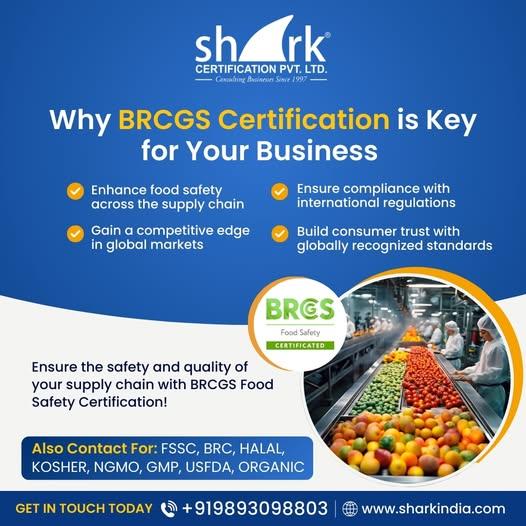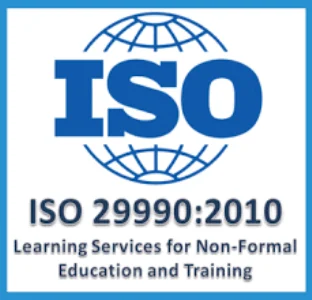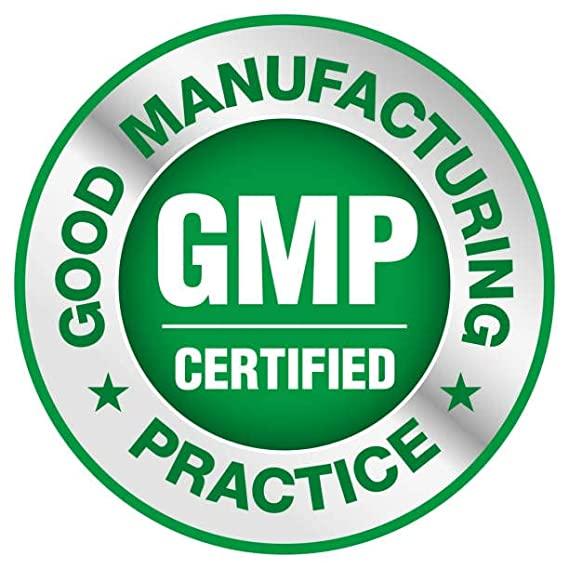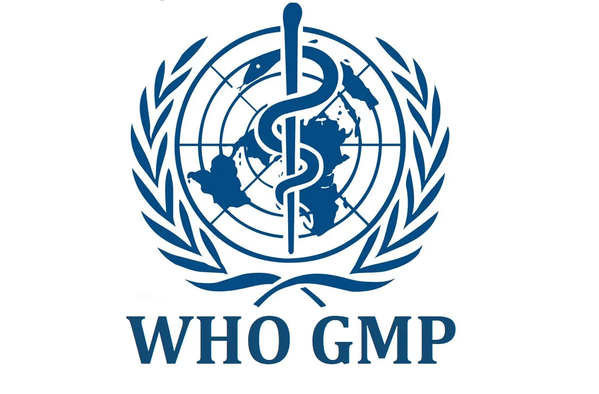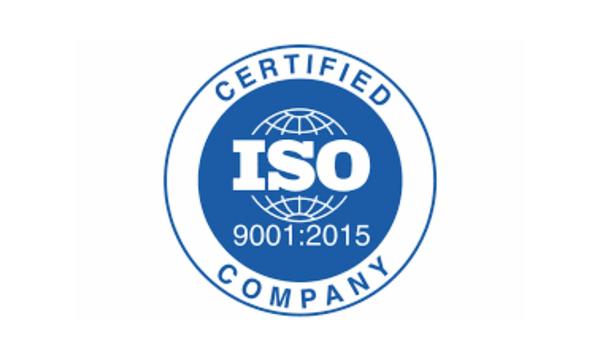The SA 8000 certification is the Social Accountability System standard. It is applicable to companies of any size that wish to address the social and ethical aspects of their business. A Social Accountability System proves to customers that the company holds adequate provisions for the protection of workers’ rights. Further, it ensures ethical production of all goods manufactured by the company. SA 8000 certification enables organization’s to demonstrate your commitment to social accountability standards as well as employee and customer satisfaction. SA 8000 is an international certification standard that encourages organization to develop, maintain and apply socially acceptable practices in the workplace. It was created in 1989 by Social Accountability International (SAI), an affiliate of the Council on Economic Priorities, and is viewed as the most globally accepted independent workplace standard. It can be applied to any company, of any size, anywhere in the world. The areas it addresses include forced and child labor, health and safety, freedom of association and collective bargaining, discrimination, disciplinary practices, working hours, compensation and management systems. Along with setting standards for employees worldwide, SA 8000 also embraces existing international agreements, including conventions from the International Labor Organization, the Universal Declaration on Human Rights, and the United Nations Convention on the Rights of the Child. SA 8000 Key Requirements Be senior management led Be focused on continuous improvement Be focused on prevention rather than reaction Be supportive of workers rights and workers participation Be compliant with local laws/codes Be compliant with local laws/codes Be systematic in addressing problems-Car’s Process Benefits of SA 8000 Certification Marketing advantage -more demand and value for goods from socially Responsible manufacturers and suppliers Enhancement of company’s productivity. Compliance to the laws of the land Improvement of relationship with the Govt., NGOs, trade unions Better image and position in labor markets Cost reduction in monitoring Better corporate image Increased value for the products Trust building with the analysts and investors when evaluated against social performance

